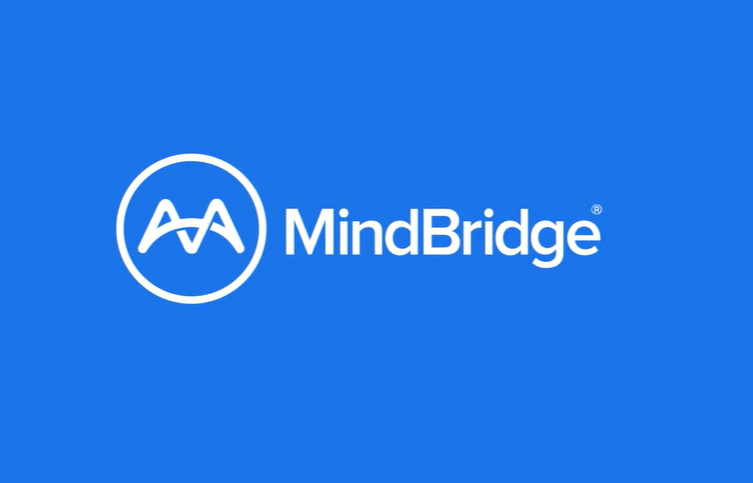A new survey by Credible.com reveals that millennials rank their credit card debt as the scariest issue in their daily lives, even scarier than weighty issues like dying and the threat of war. It’s hardly a surprise, given Americans hold nearly $800 billion in credit card debt. Close to half of American households carry a balance on their credit card — $5,700 on average.
This article first appeared on the Credible.com blog.
To put some context around these numbers, and to understand how credit card debt affects millennials’ daily lives, we conducted a survey asking respondents about their feelings and behaviors around credit card utilization.
Key highlights
In our poll, we targeted respondents who were 18-34 years of age and carried credit card debt. We’ve analyzed the results of the survey and compiled some key findings:
- Millennials with credit card debt find their debt to be scarier than climate change, the threat of war, not being able to retire, and even dying
- The average credit card balance among all 500 respondents surveyed was $5,290, with nearly one in five millennials saying they needed to rely on their credit card(s) to supplement their monthly income
- Millennial debt holders found the scariest aspects of their credit card debt to be the fear of accruing interest (32.6%) and making their monthly payments (32%)
- Despite their balances, 80% of millennials surveyed are at least somewhat confident they will be able to pay off their debt in the next year
- An overwhelming majority said they planned to change their spending habits in order to get a handle on their debt
Nothing is certain but… death and credit cards?
There’s no doubt about it:
Millennials are terrified of credit card debt.
We asked survey respondents to select which of a number of options was the scariest in their daily life, and more than 33% indicated it to be credit card debt — far greater than the percentage of respondents who were scared of dying (20.4%), or afraid of the threat of war (16.8%).
Perhaps surprisingly, given its prominence in the media, climate change wasn’t an imminent concern, with only 6.4% of respondents selecting this option. Even having to work forever wasn’t too intimidating, with just 11% of respondents selecting ‘not being able to retire’ as their biggest fear.
A fear grounded in reality
It seems though, that millennials may not be being irrational in worrying about credit card debt over death (or anything else). Our data showed an average credit card balance of $5,290 among respondents, and nearly one in five respondents reported relying on their credit card(s) to supplement their monthly income.
Digging down even deeper, we asked respondents why they were in credit card debt in the first place. Despite some common misconceptions that credit cards are just for discretionary or irresponsible spending, the majority of respondents reported emergency expenses (34%) or a large one-time purchase (31.8%) as their reason for carrying debt. Only 4.0% reported choosing not to pay off their debt despite having the resources to do so.
So what are people so scared of? Generally, things pertaining to the immediate future were of greater concern — nearly 33% of respondents were most scared of accruing interest on their credit card(s), with monthly payments (32%) and relying too much on credit options (20.4%) coming in close behind.
A lack of understanding about key loan details appears to be less of a concern, with less than 8% of respondents being most scared about their (lack of) knowledge around interest rates.
Not all bad news
Despite balances in the thousands, the majority of millennials surveyed are optimistic about getting rid of their debt soon.
A full 80% of survey respondents reported being at least somewhat confident that they would be able to erase their debt within the next 12 months, and more than half of respondents were very or extremely confident that they would be debt free within the year.
To get rid of those credit card balances, however, millennials will need to make changes to their spending habits—something that a full 80.6% of respondents plan to do.
In sum
While credit cards can be a powerful tool for building your credit, and an invaluable resource in an emergency, getting out of credit card debt can be terrifying. This data demonstrates exactly that point, finding that the most pressing day-to-day concerns of many millennials are related to credit card debt.
Americans hold nearly $800 billion in credit card debt.
If you’re struggling with your debt and are looking to build your credit, you’re not alone. Efficiently paying off credit card debt requires a sound debt-payoff strategy — the first step is to make a list of all your debt, listing them out with their respective interest rates. This will help you prioritize the debt you need to pay off most urgently.
Other options that could help you manage your debt include applying for a balance transfer credit card — often, these cards will offer you six to 18 months of 0% APR for balance transfers, giving you some time to get your finances in order without accruing a ton of interest.
You could also explore taking out a personal loan to pay off your existing credit card debt. If you have good credit, a low-interest personal loan can help you reduce the total amount of interest you’ll owe. You can often check rates you prequalify for by authorizing a “soft” credit inquiry that won’t harm your credit score. Keep in mind though, that actually applying for a personal loan means that you’ll have to undergo a hard credit check. You can learn more about using personal loans to pay off credit card debt here.
On a positive note, our survey results showed that millennials seem to already be aware of these options, are actively planning their strategy for getting out of debt, and seem confident that they can quickly regain control of their finances.
Methodology
We obtained this data by surveying 500 adults ages 18 to 34 who have credit card debt, and asking them the following questions:
- Which of the following do you find scariest in your daily life?
- How much credit card debt to you currently have?
- What scares you the most about your credit cards?
- Why do you have credit card debt?
- How confident are you that you will be able to erase your credit card debt within the next 12 months?
- Are you planning to make any changes to your spending habits to reduce your credit card debt over the next 12 months?
The survey was conducted through Pollfish on October 24, 2017. We conducted this study to illustrate the burden of credit card debt on millennials, and how they weigh this burden relative to other fears and concerns in their daily lives.
Thanks for reading CPA Practice Advisor!
Subscribe Already registered? Log In
Need more information? Read the FAQs
Subscribe for free to get personalized daily content, newsletters, continuing education, podcasts, whitepapers and more...
Tags: Financial Planning, Staffing



